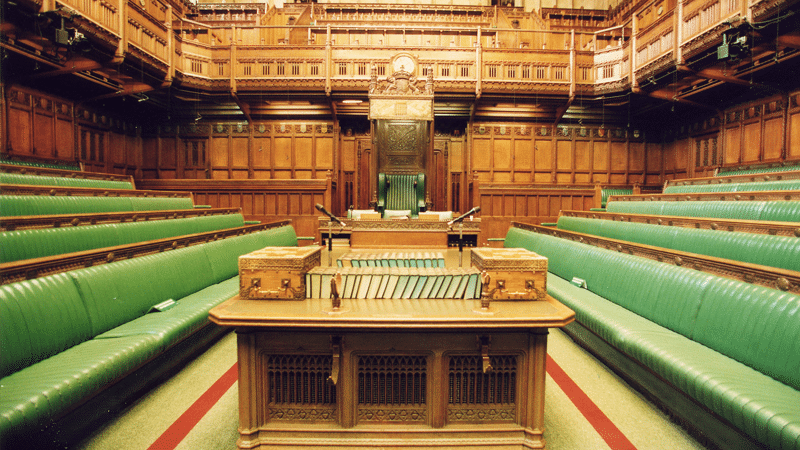A move to make it clear that the freedom to pray silently near an abortion clinic is protected under law has been struck down by the House of Commons.
Seeking to amend provisions under the Public Order Bill outlawing peaceful protest outside abortion clinics in England and Wales, a group of MPs tried to clarify that “a person engaged in consensual communication or silent prayer” within a censorship zone would not be committing an offence.
But last night, Andrew Lewer’s amendment, which was backed by MPs including Fiona Bruce, Miriam Cates, Nick Fletcher, Carla Lockhart, and Sir Edward Leigh, was defeated in the Commons by 299 votes to 116.
Rearrested
Yesterday, prior to the debate and vote, pro-life campaigner Isabel Vaughan-Spruce was again arrested for silently praying within a council imposed ‘censorship zone’ in Birmingham.
BREAKING: Isabel has been arrested, AGAIN, for THINKING.
MPs vote TOMORROW on banning silent prayer near all abortion facilities in
&
“You’ve said you’re engaging in prayer, which is the offense.”
“Silent prayer.”
“You were still engaging in prayer, which is the offense.” pic.twitter.com/AId3OguiXz— ADF UK (@ADF_UK) March 6, 2023
The Public Space Protection Order in force around the abortion centre in the City prohibits individuals from “engaging in any act of approval or disapproval” in relation to abortion, including “prayer or counselling”.
But in February, Birmingham Magistrates’ Court dismissed a previous case against Miss Vaughan-Spruce after the Crown Prosecution Service failed to provide any evidence and dropped the charges.
Responding to the verdict at the time, Vaughan-Spruce said: “I’m glad I’ve been vindicated of any wrongdoing. But I should never have been arrested for my thoughts and treated like a criminal simply for silently praying on a public street.”
‘Thought crime’
MPs gave their backing to the introduction of censorship zones around abortion clinics in England and Wales last year, after Labour MP Stella Creasy tabled an amendment to the Public Order Bill.
She claimed it would not limit free speech and that it would protect women from alleged ‘intimidation and harassment’.
But when the Bill reached the House of Lords, peers severely criticised the amendment — criminalising people who pray or offer advice to pregnant women within a 150m radius of an abortion clinic — as a significant threat to religious freedom.
Conservative Peer Lord Farmer said, the amendment risked putting “the UK’s first ‘thought crime’ into statute”.
Abortion lobby attacks appointment of Minister with pro-life views
Death threats levelled at young pro-life campaigner
RC Archbishop decries censorship of ‘respectful pro-life witness’ in NI



